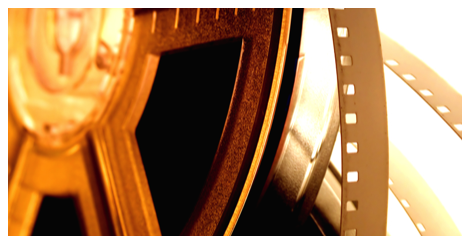
When The Movie Is Different From The Book
During undergrad, I took a summer course on American fiction and film. We read three novels then watched the movies that came after. My professor’s big question for the class was: does the movie capture the essence of the novel?
What I found during that course is that it’s not so hard for a movie to do that. When you start thinking about movies based on books that way, it’s easy to give some leeway and think about why directors would have made certain choices.
I know that no movie can be exactly the same as the book. The stories have to be presented differently on different mediums. Especially for long books to be crammed into an hour or two of content, things have to be scrapped and rearranged and changed. Also, the movie needs to be general enough for people who haven’t read the book to still understand what’s going on. But what do we do with that feeling of disappointment when you watch the movie after reading the book?
I tried watching Valley of the Dolls the movie after reading the book a couple weeks ago, and it was like… what???? Visually, the film fits the book. All of the casting works fine. It captures the essence, sure. But right away, Anne’s friendship with Nellie is different and Anne drinks. That changes everything! In the book, details like that mattered. Every relationship and mishap and place and words and pacing mattered. Then you go to the big screen and it’s like ok just throw in random details in any order. But why? What’s so wrong about staying true to the book?
In some ways, the movie serves as an extension of the book. Even for all the changes that get made, it still allows you to keep experiencing the book even after it’s over. It may even encourage people to read the book after the movie, if they haven’t already. Those readers are lucky to experience the opposite effect—the excitement of a better version of the movie in the book.











